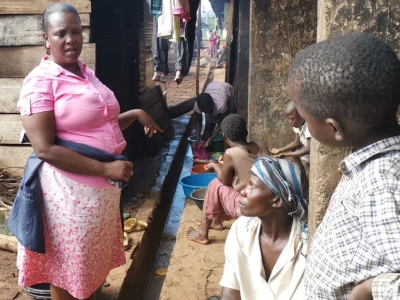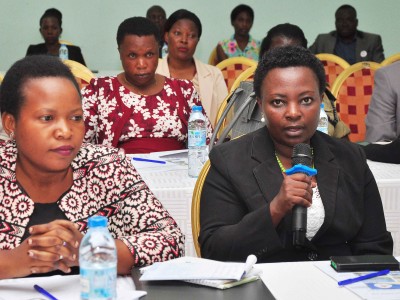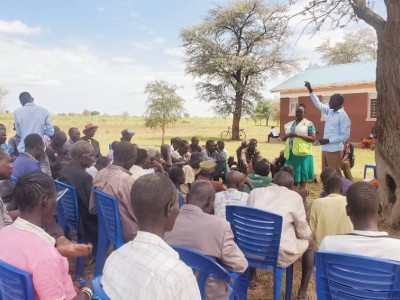A place with limited means but unlimited faith is how I would describe Jinja. The air was filled with hope. A yearning for a better tomorrow, actualized in the prayers of today. When shooting the documentary on the children of Jinja, my aim was not to show these children as products of an unjust world or paint a distressing picture of the society we live in. It was to tell their story through their words and give an authentic view of the local education system.
Every child faced a unique set of challenges which were shadowed by the towering stature of human will. I heard first hand accounts ranging from child labour and domestic violence to the daily struggles for sustenance and access to education. Learning about the children’s lives made me realise how much I had in my life, and how little I was grateful for. But the paradox was introduced when reality dawned. These children, despite living with little and facing obvious barriers to a fulfilling childhood, were happier than the children who had everything in more developed parts of the world.
I saw footballs made of ribbons, foods of utter simplicity, houses of mere mud and leaves but smiles that would outshine the Milky Way. These children had hopes and dreams and were undeterred by the dangers that lurked outside of the walls of their school. They were mindful of their reality but didn’t allow themselves to be limited by it.
Every character in my documentary had a struggle that would be considered traumatic for most; but for them it was the lives they lived and they wanted to live it to the fullest.
Now here I stand, more than a year apart from walking amongst the banana trees and I wonder: What would I do if I was a child in these schools? If I was a child that had his wings clipped from the beginning, knowing the limitations placed on me are because of the conditions I was born into? I know that I would not be able to do half of what these children are doing on a daily basis.
Children on the Edge have been supporting communities in Jinja since 2012. We currently work with six slum communities in the suburbs to create protective environments for their children; transforming them into safe spaces where children are protected from harm and are able to thrive.
Six voluntary Child Protection Teams work with community members and families to keep children safe and small business loans are offered to ensure families can earn enough money to send their children to school.
Two Early Childhood Development Centres in Loco and Wandago provide education and support for 150 of the youngest children from the most vulnerable families at a vital time in their development. Three Child Rights Clubs in Loco, Masese I and Wandago empower children to change their communities for the better.






